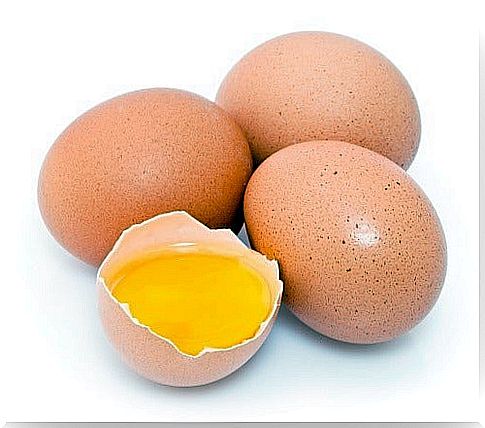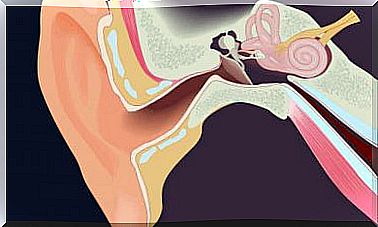Learn About All The Benefits Of The Egg
Is it bad to eat eggs daily? This is one of the many questions we are used to asking daily, but today we are going to debunk the myths and talk about the benefits of the egg.
In the past, people used to say that the maximum amount of eggs allowed was three units a week because of its high cholesterol content, which is potentially harmful to health.
Today, however, we know that eggs do NOT cause any harm or problem to the body and we will explain why here.
What are the benefits of the egg?
For many years, the egg was cataloged as one of the foods that could harm the health of people who consumed it with a certain frequency. It was understood that he was largely responsible for the increase in bad cholesterol in the blood.
These claims were recently disproved, thanks to scientific research carried out. They showed that the egg, without a doubt, does not change cholesterol.
These new researches claim that the moderate consumption of eggs provides a good amount of nutrients to the body, which are necessary for us to have a healthy life.
What really raises blood cholesterol is the consumption of saturated fats, which can be found in whole dairy products.
Fats from foods such as cheese, yogurt, milk, fatty meats; transgenic fats, which are found in most of the goodies we eat such as pastries, pies, cookies and generally in pastries used in confectionery.
It is necessary to pay attention to the nutritional information of foods, as many have margarine or hydrogenated vegetable oils.
In several researches carried out on the egg, it was found that eating one or two eggs a day does not represent any risk of suffering from cardiovascular disease.
In addition, research has also shown that the egg has an essential nutrient for cardiovascular and brain function called choline, which helps metabolize and lower homocysteine.
This is very beneficial, as its high levels in the body are associated with an increase in cardiovascular disease.
Despite all these claims being fully supported and scientifically proven, there are still people who are resistant to believing in the benefits of the egg and who continue to think that it is harmful to health, firmly rejecting the idea of including it in their diet.
Egg is a great source of nutrients

A single egg provides 80 calories, contains protein, choline, iron and zinc. Most of these nutrients are found in the yolk.
The proteins contained in eggs are of excellent quality and provide the amino acids our bodies need. An egg has approximately 6 grams of protein.
Among the most important functions that these proteins develop, we find their contribution to the formation of muscle tissue.
Furthermore, it is an essential component in all cells, constituting a vital part of the immune system, transporting substances in the blood and, in addition, being part of some enzymes, hormones and neurotransmitters.
The yolk also contains nutrients called lutein and zeaxanthin, which belong to the carotenoid family, antioxidants that help prevent age-related visual damage such as macular degeneration.
For pregnant or lactating women, egg consumption is very important, as its choline content benefits the developing nervous system of the fetus and helps prevent birth defects.
More sources of nutrients
One egg consumed whole provides 125 mg of choline. A pregnant woman needs 450 mg a day and a nursing mother needs 550 mg.
Eggs can be kept fresh in the refrigerator for approximately five weeks. If you want to know if the eggs are fresh, simply throw them in a container of water and observe their behavior.
If it floats, it means it’s not fresh. When breaking the egg, make sure the yolk is centered. That’s a sign he’s fresh.
As you could see, the egg is very healthy and does not harm your health or increase bad cholesterol levels, something that is scientifically proven. What’s more, experts say it’s possible to eat up to two eggs a day without any problems.
In addition to being nutritious and healthy, this food is delicious and can be prepared in numerous ways: fried, boiled, fried in water, stirred and roasted; remaining equally juicy.
Be sure to include it in your diet now that you know all the benefits of the egg.









